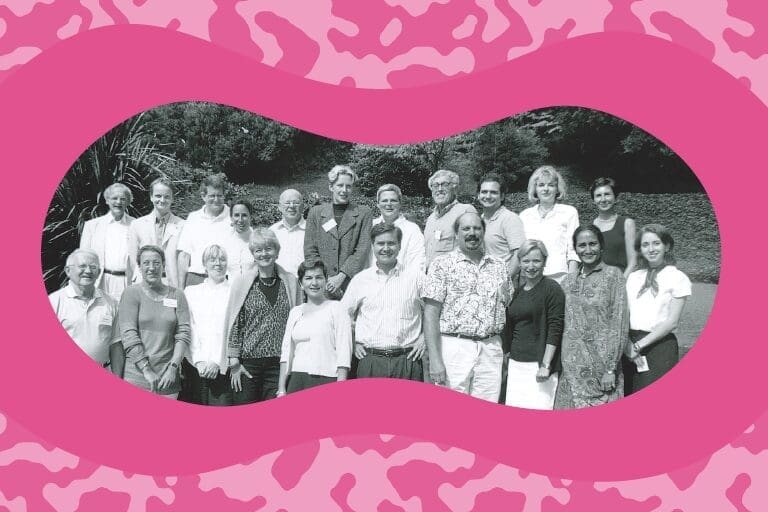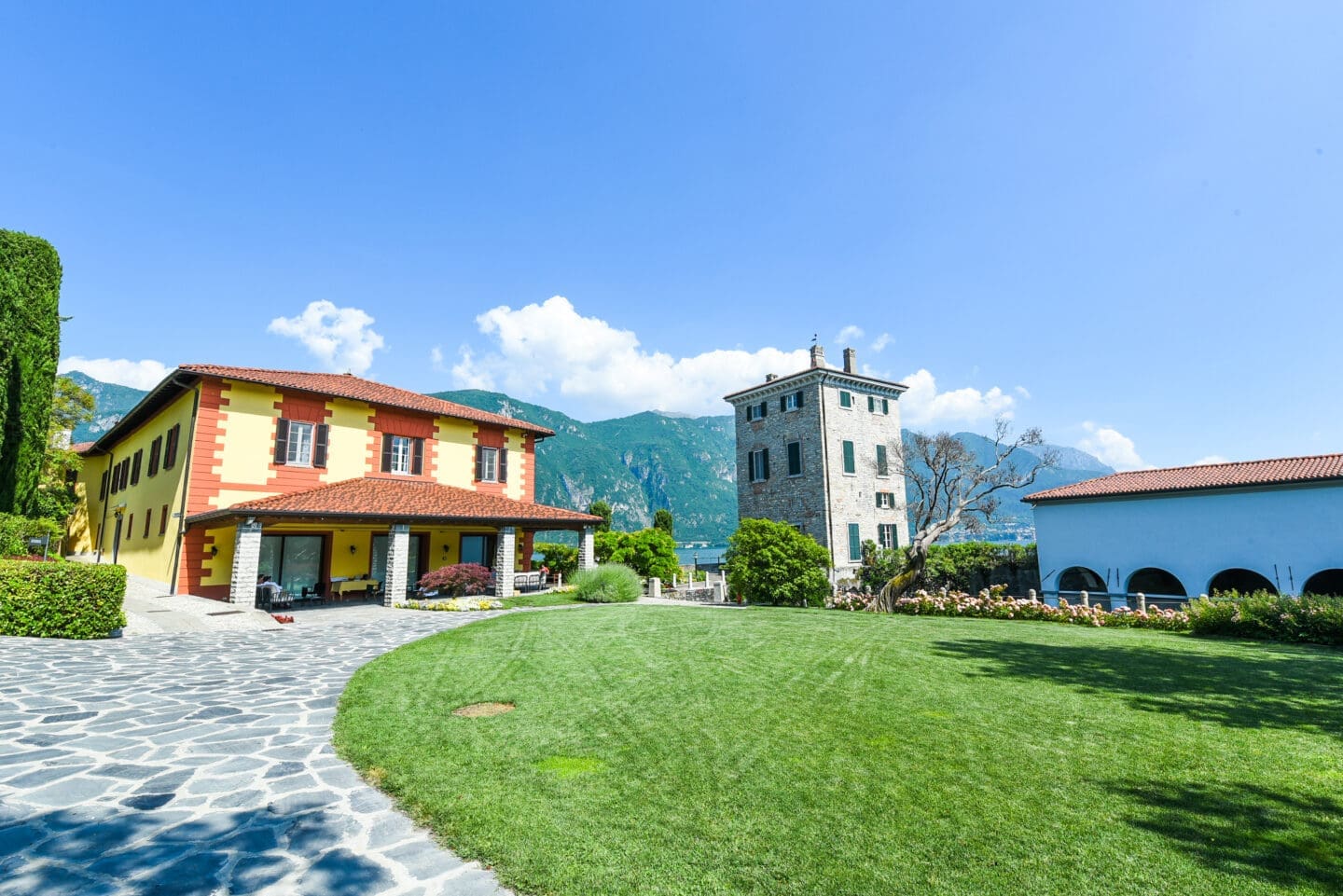Maria Ivanova is an international relations and environmental policy scholar. She is a Professor and Director at Northeastern University’s School of Public Policy and Urban Affairs, Boston. In 2020, she began a four-year term on the Joint Scientific Committee of the World Climate Research Programme. As of June 2022, Maria is one of 66 Foundation Fellows of the International Science Council and a member of its foundation council. Her book, The Untold Story of the World’s Leading Environmental Institution: UNEP at Fifty, was published in 2021 and is available free for open access. In 2000, Maria organized a convening in Bellagio entitled “Design the Elements of a Global Environmental Organization for the 21st Century.”
Being the leader of a School for Public Policy and Urban Affairs is a new challenge for me. I spend my day thinking about how we’ll progress as a school, and how we’ll move the public service sector further along. This latter question has informed my career path, starting in college. Back then, international environmental policy did not exist as a field. I had to create a different major, as an undergraduate, that brought these issues together. I even had to create that type of degree as a graduate student at Yale. My Yale advisor, Professor Dan Esty, and I created the Global Environmental Government Project, a series of convenings for the MacArthur Foundation, with a budget of $50,000. The first global environmental governance dialogue I did was in 1998, in New York. Because I managed to put the convening together at half the budget, we did another one the following year at the Pocantico Center of the Rockefeller Brothers fund [in upstate New York].

The third convening was the most pivotal for me. It took place at Bellagio in 2000. We went with the intention of answering a question: how do we make the system of global environmental governance more responsive to the needs of people, countries, and the challenges that need to be addressed? In a sense, we were considering sustainable development goals before the sustainable development goals were established. Even the casual interactions at Bellagio – the ones with fellow convenors and residents from different fields – influenced my outlook. Bellagio afforded us the opportunity to share ideas. It gave us the chance to converse about what’s happening in the world and how we envision a different governance system. The experience reinforced the need for reflection. You don’t come to Bellagio with a preconceived notion of “here is where we want to end up.” Did we have objectives? Certainly. The objectives of our Bellagio gathering were to design the elements of a global environmental organization for the 21st century, to develop strategies to lobby for such an organization, and to define a blueprint. But interacting with the group and the residents who were reflecting on other big issues prompted us to think about our objectives.
At Bellagio, I was just a first-year Ph.D. student. During the convening, I connected with this critical community of committed thinkers and doers, which inspired me to change my dissertation topic. I decided to pursue global environmental governance and investigate why governments had created a UN environmental program and not a global environmental organization (such as the ILO for labor rights, or UNESCO for culture). What informed the rest of my research was a combination of the UN Archives and the collective spirit of the individuals who had created those institutions. That gave me the full story of the UN Environment Program and led me to say that there actually was a global environmental organization. To ask: why have we not been able to make it deliver what we imagined it should deliver?
Thanks to Bellagio, I could identify some of the people who were part of the original creation of global environmental governance and bring them together. That was critical. Being able to tell the living story of any institution requires the people who make that living story, and that’s what Bellagio did for me. It solidified the connections among those people. It really is about belonging within a community. And you don’t do that by just reading papers. You don’t do that by just making phone calls. You do that through continuous interactions with the community. For example, I connected with Julia Marton-Lefèvre, the Executive Director of LEAD International [Leadership for Environment and Development] at the time. Also, Christiana Figueres, who would later become the Executive Secretary of the UN Framework Convention on Climate Change [2010-2016]. She became the most impactful person in getting global climate change policy to where it is today: her work culminated in the Paris Agreement in 2015. Bellagio helped to establish and nurture these connections over two decades.
By interacting with people who had imagined the system we were seeking to reform, I learned that a good idea is not necessarily a new idea, but it’s an idea whose time has come.
Maria Ivanova
Individuals are critical because they come up with ideas and connect those ideas to create institutions. Bellagio reinforces the importance of seeing the person behind the grand challenges. I often ask those I interview how they came to the place they are today. Most identify a significant moment as a turning point along their journey, and that knowledge empowers them. Likewise, I can always identify that moment as the gathering of a community around a common goal. Looking back on my journey, I am where I am because of the support of a community.
Explore More
To learn more about Maria’s work, you can visit her website, or follow her on Twitter.
You can also read more about the School of Public Policy and Urban Affairs, the World Climate Research Programme, and the International Science Council.
Related

May 2023
Welcome to the current edition of the Bellagio Bulletin! At The Rockefeller Foundation, our mission is to make opportunity universal and sustainable. Facing crises of climate, inequality, democracy, and health, humanity has never needed institutions more. This newsletter highlights efforts to build innovative institutions that are fit for purpose in today’s world – and the […]
More